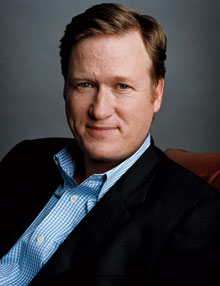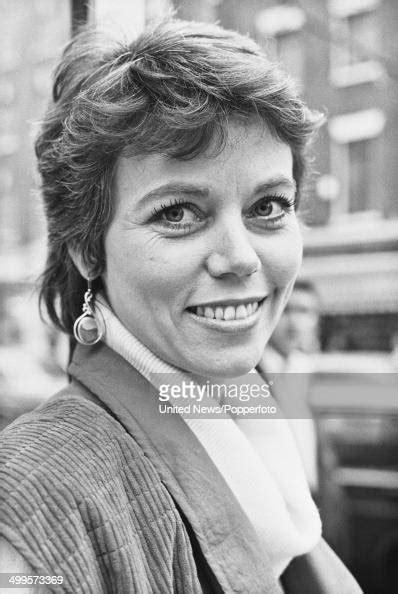A Quote by Garth Greenwell
I do think that calling a book nonfiction affirms a kind of responsibility to an attempt at truth.
Quote Topics
Related Quotes
As I started to read nonfiction in the mid '70s, I discovered, holy cow, there was a lot of imaginative nonfiction. Not the kind where people use composite characters and invented quotes. I hate that kind of nonfiction. But imaginative in the sense that good writing and unexpected structure and vivid reporting could be combined with presenting facts.
I think, about the distinction between fiction and nonfiction. Fiction is not really about anything: it is what it is. But nonfiction - and you see this particularly with something like the BBC Samuel Johnson Prize for Non-Fiction - nonfiction we define in relation to what it's about. So, Stalingrad by Antony Beevor. It's "about" Stalingrad. Or, here's a book by Claire Tomalin: it's "about" Charles Dickens.
I think what's happening with book advances is something that most of the world just doesn't fully appreciate, especially when it comes to nonfiction, because writing a book of investigative journalism is an expensive endeavor, and the system works best if you have publishers making bets on authors.





































